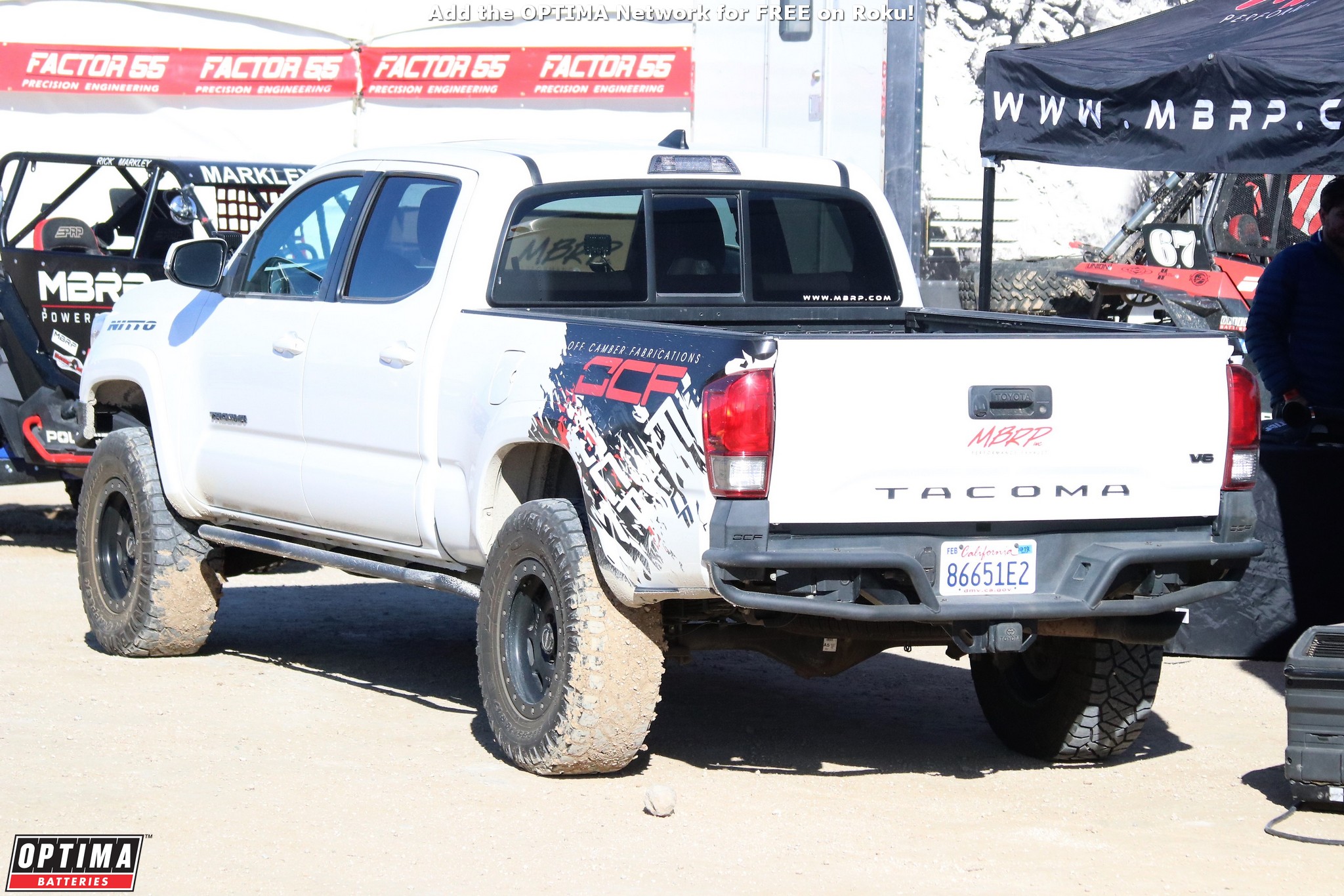Tacoma Voltage Booster?

- Sponsor
- OPTIMA Batteries
- Location
- Hammertown, CA


Some Toyota owners in general and Tacoma owners specifically have been having conversations in recent years about the output of the charging systems in their trucks and whether they need to spend additional money to buy & install a voltage booster to properly-maintain their batteries. The reason is that some other battery manufacturers and brands have very specific language in their warranties, that require alternator output to be in a very specific range. If your alternator voltage goes above or below that specific range, you've voided their battery warranty. (OPTIMA does not have any such exclusions in our warranty).
OPTIMA recommends alternator output to be in the range of about 13.7-14.7 volts, which covers nearly every car & truck that rolled off the assembly line and that is no coincidence. All OPTIMA batteries have thick, robust cast straps that connect the cells of our batteries together, as opposed to the weaker, more restrictive "tombstone" welds found in other batteries. It costs more to build our batteries this way, but we know it results in a superior product and feel it is worth the investment. The low resistance in these cast straps allows current to flow more freely both into and out of the battery, so we're not as concerned about whether your alternator is operating at 13.9 or 14.5 volts- we know it will charge your OPTIMA battery. If your charging system seems to consistently run at less than about 13.7 volts, then there could be an issue with your alternator or the belt that is turning it.
What we do see with many of these Toyota Tacoma owners is that their vehicles tend to be heavily-modified- offroad lights, winches, refrigerators, bigger stereos, CB radios, alarm systems and the list goes on. If any vehicle is modified from an electrical standpoint, there's a chance that modification could increase the parasitic draw in the vehicle, which is the amount of energy the vehicle consumes as it sits with the engine turned off. Newer vehicles are already very power-hungry in this regard, with integrated alarm systems and satellite-based accessories continuing to operate and draw power. Adding additional electrical demands to that list can quickly discharge any battery, leaving the owner stranded and decreasing the lifespan of that battery.
Fully-charged, our YELLOWTOP batteries (which is what you'd want to use in those high-demand applications) will measure about 13.0-13.2 volts and should hold close to that voltage for 12-24 hours after being fully-charged. If you find your Tacoma battery is losing voltage as it sits, you may have a parasitic draw that needs to be addressed. If you can't find a way to decrease that parasitic draw, you may need to make a habit of either disconnecting your battery when parking or keeping your battery fully-charged with a quality battery charger or maintainer.
Whenever any battery is discharged below 12.4 volts and is left sitting in that state, sulfation begins forming in the plates, which diminishes both battery capacity and lifespan. While most folks rely on their alternators to keep their batteries properly-maintained, that doesn't always work. Some vehicles draw a lot of power when they aren't running and/or are not driven often enough or for a long enough amount of time when they are driven, to allow the alternators to maintain proper voltage in the battery...even if you add an aftermarket voltage booster. As a result, we recommend topping your battery off overnight periodically with a quality charger or maintainer, to maximize battery performance and lifespan.
